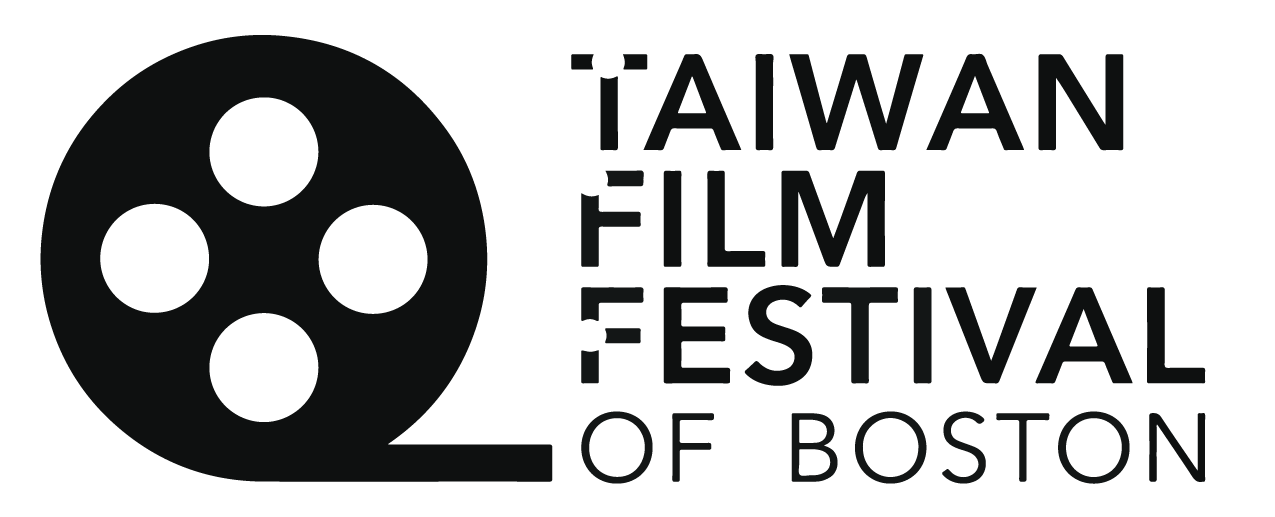Edward Yang 楊德昌回顧影展
Director Introduction Series: Edward Yang
Born in Shanghai and raised in Taiwan, Edward Yang adored manga as a child, particularly the works of Osamu Tezuka. After attending engineering school in California and working for several years at electrical engineering firms in Florida and Seattle, he briefly pursued film studies at the University of Southern California and gained admission to Harvard University’s Architecture Department. However, it wasn't until 1980 that he officially embarked on his filmmaking career.
After starting his career by helping out friends from the film school, Yang recognized the necessity for innovation within Taiwan's film industry. In 1982, he and several other emerging directors, including Yi-Cheng Ko and Yi Chang, created Time Story, a groundbreaking four-part narrative film that led the Taiwan New Wave. Embracing non-professional actors, extensive location scouting, and a nuanced portrayal of real-life experiences, Time Story marked a significant departure from the mainstream Hong Kong martial arts and Hollywood films at the time.
Among the directors involved, Edward Yang helmed one of the stories titled Zhi Wang (Counting on). In this segment, Yang delves into the theme of growing up, centering his camera on a young girl's failed crush. Through Zhi Wang, glimpses of Edward Yang's stylistic sensibilities emerge, showcasing his enduring sensitivity to perspective and keen observations on personal growth, a trait he continued to refine in his subsequent cinematic endeavors.
In 1987, Edward Yang and screenwriter Xiao Ye embarked on crafting the screenplay for A Brighter Summer Day. Initially conceptualized as a simple love story tinged with tragedy, where one of the young protagonists murders the other, the project was intended to be completed in a month. However, it stretched into a five-year endeavor, with the film ultimately released in 1991. The incidents of violence depicted in the movie were drawn from real-life events and each character's social background is meticulously explored, often exceeding the length of the actual dialogue within the film itself. Through A Brighter Summer Day, Yang crafts not just a compelling story, but a profound exploration of human nature set against the backdrop of a tumultuous era.
In 2000, Yi Yi (One and One More) made its debut in the Official Competition of the 53rd Cannes Film Festival, clinching the Best Director Award and shining a spotlight on Taiwanese cinema on the global stage. Reflecting on the film in a post-screening interview several years later, Edward Yang revealed that the script had been conceived 15 years prior. However, it wasn't until later that he felt equipped to fully portray the inner workings of a middle-aged man's psyche on screen.
Spanning generations and life's milestones, from weddings to funerals, Yi Yi paints a poignant portrait of the challenges faced by middle-class families in Taipei, weaving together multiple narratives in a three-dimensional structure. Yi Yi stands as a compelling testament to Yang's ability to capture the human experience with depth, nuance, and empathy.
Seventeen years since Yang's passing, his films continue to resonate across time. From the seemingly simple yet meticulously crafted "Yi Yi," to his entire body of work, Yang's films delve into aspects of life that intuition often overlooks.
【Harvard Film Archive】
Edward Yang’s film is on screening at Harvard Film Archive from March 29 to May 5, please check them out if you are interested.
電影導演介紹系列:楊德昌
「我不知道的事情太多了。所以,你知道我以後想做什麼嗎?我要去告訴別人他們不知道的事情,給別人看他們看不到的東西。我想,這樣一定天天都很好玩。說不定,有一天,我會發現你到底去來哪裡。」一一洋洋《一一》
【介紹】
1947年楊德昌出生於上海在台灣長大,小時候很喜歡看漫畫,尤其是手塚治虫的作品。
楊德昌在加州念完工程學並在佛羅里達和西雅圖的電子工程公司工作過幾年,其間短暫就讀於南加州電影學院並且獲得了哈佛大學的建築學院的錄取,但直到1980年他才正式開始從事電影工作。
回台灣後,楊德昌幫電影學院的同學寫劇本,逐漸了解台灣電影業所需的創新。 1982年,楊德昌、柯一正和張毅等幾位新生代導演合作拍攝了《光陰的故事》,這部電影以四段錦集式敘事、非專業演員的選角、實地採景和對現實生活的細緻反應,開啟了台灣新電影運動。 在《光陰的故事》裡的《指望》楊德昌以成長經驗為主題,聚焦在一個少女失敗的暗戀,短片以夜裡社區小徑上漸行漸遠的兩個人影結尾,為成長留下一個未完的謎題。這部短片中能看出楊德昌的風格,在這之後的電影他也一直保持著對視角的敏感度和對成長的細緻觀察。
1987年,楊德昌與編劇作家小野開始寫《牯嶺街少年殺人事件》的劇本,他們最初的想法是一個少男少女的愛情故事,只是這段感情中男生把女生殺害了。楊德昌本來打算用一個月的時間拍完,結果拍了5年,最後電影在1991年上映。電影裡的事件是根據真實事件寫的,楊德昌與編劇查閱了大量的一手資料,嘗試還原時代裡每個人物的狀態。故事裡的少年小四,在經歷退學、家庭的變化、同伴在混亂中的死亡等高壓事件之後把匕首插向了與其他人交往的女友。在近四小時的影片中,楊德昌對每個人物的動機展現都有近乎執著的追求:男生殺害女生的原因、學校受到幫派鬥爭的影響、男生父親在「白色恐怖」時的遭到的政治迫害等,楊德昌寫出的人物背景有時比電影劇本本身還要長。
2000年,楊德昌導演的《一一》於第53屆坎城影展正式競賽單元中首映,並獲得當年的最佳導演獎,一舉讓台灣電影獲得全球關注。在幾年後的《一一》映後採訪中,楊德昌提及《一一》的劇本早在15年前就已寫好,只是當時的心境不足以完整呈現中年人的心境,所以15年後才拍完。《一一》被影評人稱為「新台北三部曲」的最後一部作品,它將人生的不同階段透過一個家庭展現出來。從孩子到老人、從婚禮到葬禮、電影以多線敘事的立體結構展現了台北中產階級家庭面對的困境和對生活的體會。楊德昌透過一個家庭的故事,關注了台灣社會在城鄉發展中產生的矛盾和變幻莫測的都市生活。
【總結】
今年是楊德昌逝世的十七週年,他的電影在現在看來依舊有著跨越時間的力量。就好像簡單又耗費15年醞釀的《一一》,楊德昌的所有電影都在關注著直覺未能察覺到的地方。
哈佛電影資料館於三月29日至五月五日舉行楊德昌回顧影展,播放一系列楊德昌電影。喜愛楊德昌電影的朋友們,千萬別錯過這個難得的機會!
【Harvard Film Archive】
Edward Yang’s film is on screening at Harvard Film Archive, please check them out if you are interested.
March 29 – May 5 CHRONICLES OF CHANGING TIMES. THE CINEMA OF EDWARD YANG
https://harvardfilmarchive.org/programs/chronicles-of-changing-times-the-cinema-of-edward-yang





